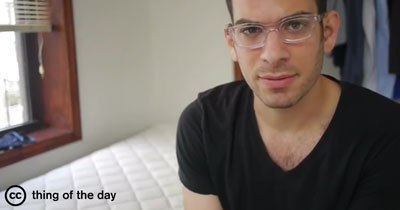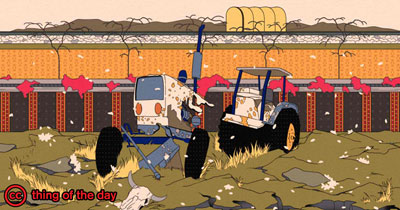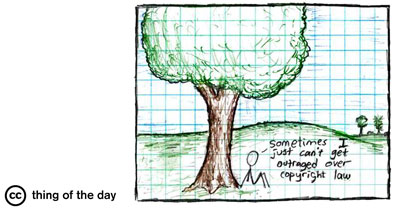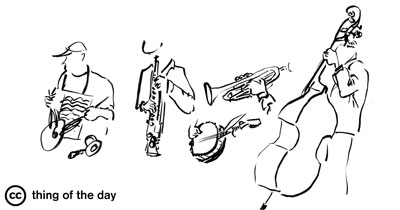Hewlett Foundation extends CC BY policy to all grantees
mercredi 24 septembre 2014 à 01:05Last week the William and Flora Hewlett Foundation announced that it is extending its open licensing policy to require that all content (such as reports, videos, white papers) resulting from project grant funds be licensed under the most recent Creative Commons Attribution (CC BY) license. From the Foundation’s blog post: “We’re making this change because we believe that this kind of broad, open, and free sharing of ideas benefits not just the Hewlett Foundation, but also our grantees, and most important, the people their work is intended to help.” The change is explained in more detail on the foundation’s website.
The foundation had a long-standing policy requiring that recipients of its Open Educational Resources grants license the outputs of those grants; this was instrumental in the creation and growth of the OER field, which continues to flourish and spread. Earlier this year, the license requirement was extended to all Education Program grants, and as restated, the policy will now be rolled out to all project-based grants under any foundation program. The policy is straightforward: it requires that content produced pursuant to a grant be made easily available to the public, on the grantee’s website or otherwise, under the CC BY 4.0 license — unless there is some good reason to use a different license.
“When we began thinking about extending the policy from OER grants to the foundation as a whole, we wanted to be sure we would not be creating unforeseen problems,” said Elizabeth Peters, the general counsel of the Hewlett Foundation. “So we first broadened it to cover education grants that were not for OER — and have been pleased to find that there were very few issues, and those few easily resolved. CC BY for all grant-funded works will now be the default, but we are willing to accommodate grantees who have a persuasive reason to take a different path. The ultimate goal of this policy is to make the content we fund more openly available to everyone. We’re only just beginning to implement this change, and will continue to monitor how it’s working, but so far we have found most grantees are ready and willing to apply the license that makes their works fully open for re-use of all kinds.”
In practice, the new policy means that nearly all of the extensive content produced with Hewlett project-based grant funds–not only works specifically commissioned as Open Educational Resources, but scholarly research, multimedia materials, videos, white papers, and more, created by grantees on subjects of critical importance–will be widely available for downstream re-use with only the condition that the creator is attributed. Text will be openly available for translation into foreign languages, and high-quality photographs and videos will be able to be re-used on platforms such as Wikipedia. Releasing grant funded content under permissive open licenses like CC BY means that these materials can be more easily shared and re-used by the public. And they can be combined with other resources that are also published under an open license: this collection grows larger every day as governments and other publicly-facing institutions adopt open policies. Promoting this type of sharing can benefit both the original creator and the foundation, as it enables novel uses in situations not intended by the original grant funding.
For a long time Creative Commons has been interested in promoting open licensing policies within philanthropic grantmaking. We received a grant from the Hewlett Foundation to survey the licensing policies of private foundations, and to work toward increasing the free availability of foundation-supported works. We wrote about the progress of the project in March, and we’ve been maintaining a list of foundation IP policies, and a model IP policy.
We urge other foundations and funding bodies to emulate the outstanding leadership demonstrated by the William and Flora Hewlett Foundation and commit to making open licensing an essential component of their grantmaking strategy.











